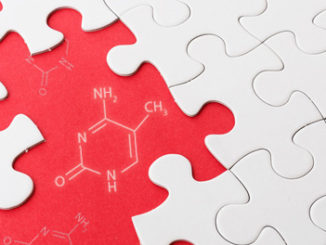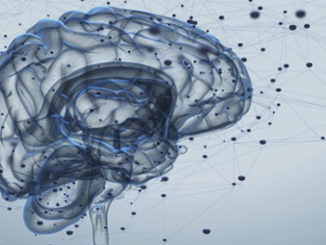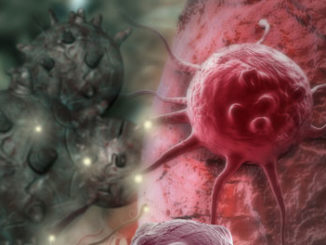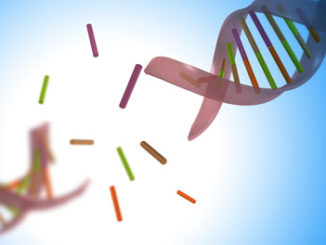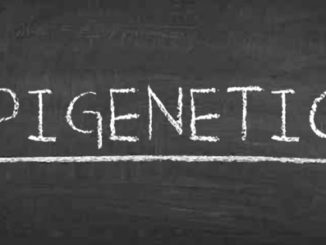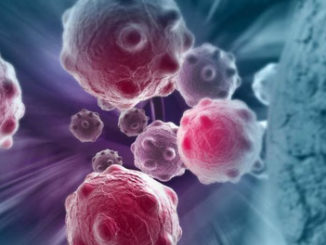Epigenetic Modifications Help Unlock the Molecular Mystery of Memory
Memory is perhaps one of the most fascinating processes, one that guides us through life and helps make us who we are. Many believe memory is linked to synaptic plasticity, the ability to strengthen existing neuronal connections and form new ones. Although the creation of memories is not fully understood, new research uncovers evidence that offers a glimpse into the molecular mechanisms underlying this complex process. The molecular mechanisms that store experiences and alter brain cell connections to improve plasticity [more…]


